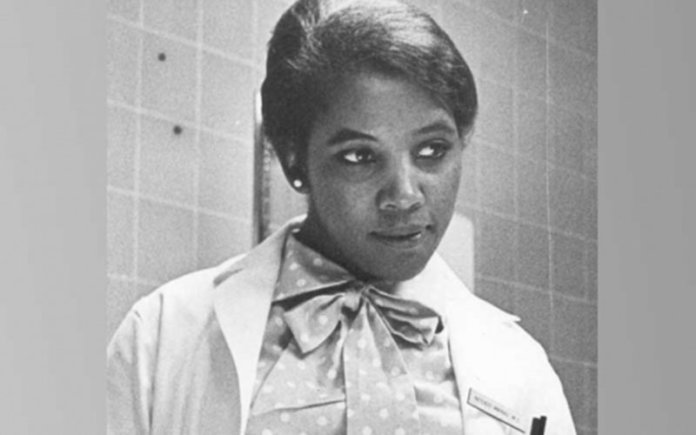Ng’endo Mwangi was a remarkable woman who achieved many firsts in her life.
Born in Kinoo, Kiambu County, she broke down gender and racial barriers to become the first Kenyan woman to attend Smith College in Massachusetts, USA, and the first female physician in Kenya.
She worked tirelessly to provide medical care to people in Athi River, where she set up her own clinic and served a population of about 300,000.
Here is her inspiring story.
Background and Education
Ng’endo Mwangi’s journey towards becoming the first Kenyan female physician was borne out of sheer hard work and resilience.
Little-known details of the first Kenyan to study mechanical engineering
After preliminary education, she attended Loreto Limuru Girls and later Smith College which is an all-women’s college in the US as the first African student in the institution’s history.
She was a beneficiary of the famous Kennedy Educational Air Lifts that saw 3,000 local students get education from an American university from 1959 and before the cusp of our independence in 1963.
Mwangi’s education was supported by the foundation that was organised by Tom Mboya and Gikonyo Kiano.
Graduating students like Mwangi reshaped the country irrevocably as they returned home to replace the departing colonialists from the civil service, industry, politics and other spheres of Kenyan life.
After Smith College, Mwangi attended the Albert Einstein College of Medicine in New York and returned to Kenya as the first female physician.
She worked at the Kenyatta National Hospital for several years before opening her own practice in Athi River where she was the only doctor to whom locals trekked more than 80 kilometres to receive medical treatment.
Return to Kenya and Medical Work
Ng’endo Mwangi’s work in Athi River was challenging as the clinic was ill-equipped, lacked electricity, and the necessary equipment.
However, her dedication to her work and her community drove her to seek funding from well-wishers to set up several mobile clinics and a 50-bed facility to help community members during drought.
Her clinic served more than 50 people a day, saving them from illnesses such as malaria, diarrhoea, tuberculosis, polio, chickenpox, measles and tetanus.
Mwangi’s work extended beyond Athi River. She attended to more than a million people through her hospital in the years that followed, and her selfless service earned her recognition and respect.
In 1984, she set up several mobile clinics and a 50-bed facility to help community members who were starving and malnourished due to the drought that had hit the country.
Mwangi was a compassionate and caring physician who was always available to her patients, often working long hours and even sleeping at the clinic to ensure that her patients received the care they needed.
She was a trailblazer who broke down gender and racial barriers in a time when it was not easy for women or Africans to do so.
Recognition and Legacy
Mwangi’s contributions to Kenyan society have not gone unnoticed, even though she has not been celebrated enough back home.
She received an honorary degree from Smith College in 1987, and her name remains among the alumni who became the “first” in their respective fields.
The Mwangi Cultural Centre, named after her at Smith College, serves as a cultural and social space for black students at the institution and stands as a testament to her legacy.








